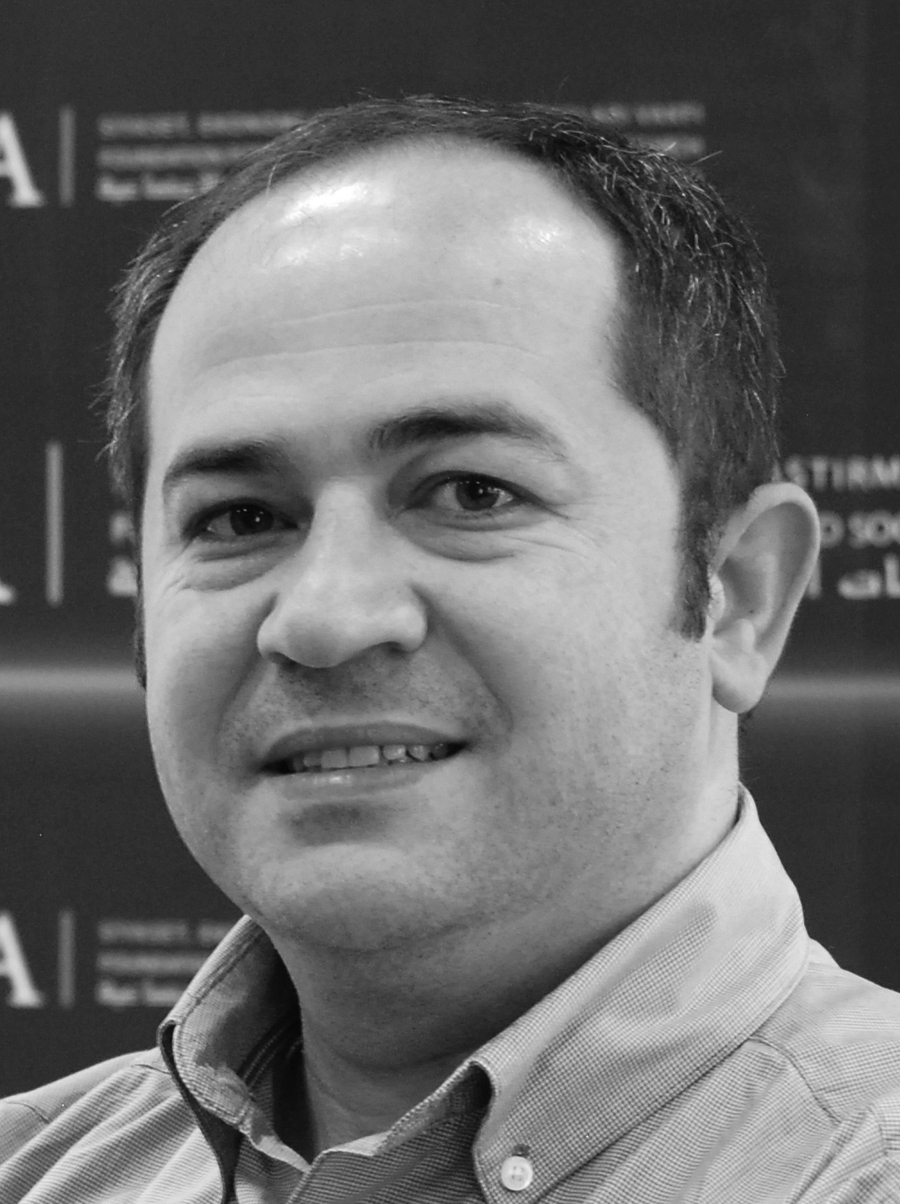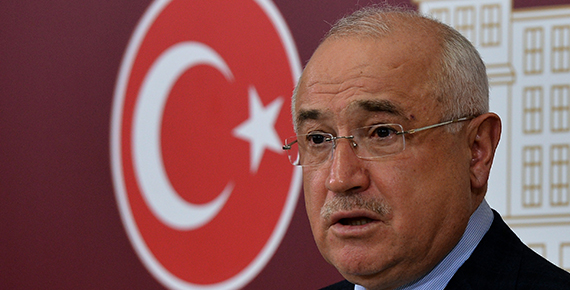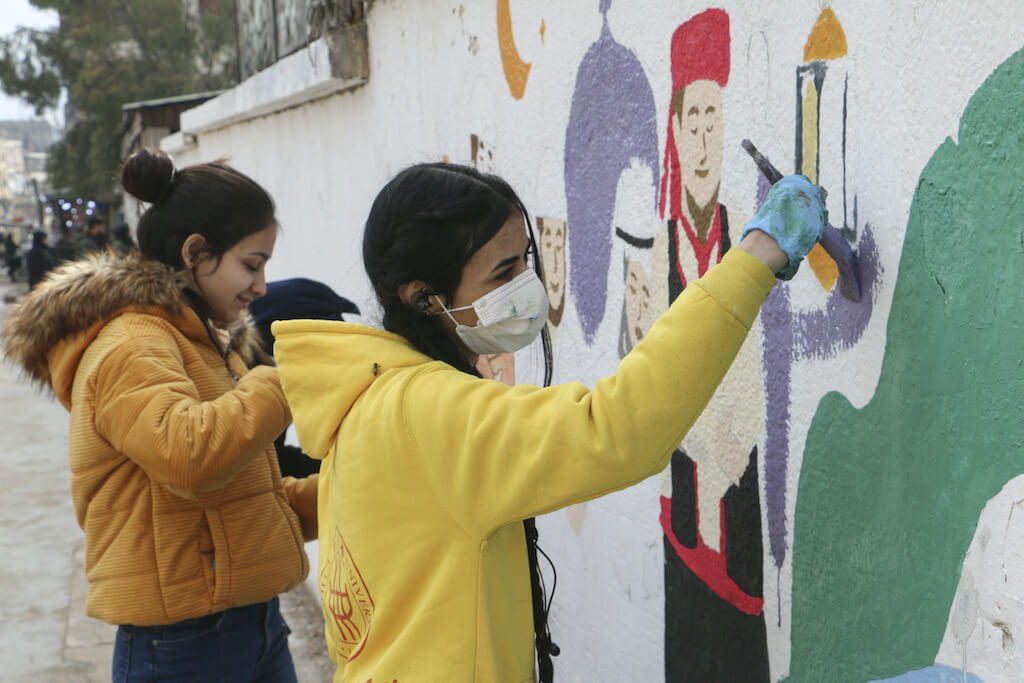Turkey has been preoccupied with drafting a new Constitution for about two years. Having put the constitution-drafting process on its agenda, the parliament has envisaged completing the new Constitution at the end of 2012. However, the commission’s term of duty was first extended to March and then to May last week. Political parties are prolonging the drafting process, considering the possible outcome of leaving the table. But independent of the tight schedule, in virtue of the role attributed to politics since the 1990s it is almost impossible for the commission to draft a new constitution by consensus for real and structural reasons. The dynamics of the current political climate in Turkey, which make impossible to create a new Constitution based on consensus among political parties, can be discussed under three headings.
STRUCTURAL SYNAMICS HINDERING THE CONSENSUS
The first factor that hinders the drafting of a new Constitution by consensus in the Constitutional Reconciliation Commission has to do with the political priorities of the 2000s. The main dynamic, which shaped the policy-making during the Cold War and lasted from the time of adopting multi-party political system to the beginning of the 1990s, was a development target that ignored identity demands. The society was supporting central parties, which prioritized development rather than democracy, in line with the tutelary system designed by Kemalist elites in harmony with international dynamics. In the 1990s, development began to lose its primary position to democracy due to various dynamics. Central parties failing to keep up with this change were weakened. Within this context, democracy demands, which can be summarized as the effort of including social tendencies in political center, shaped the political agenda of the 2000s. These demands vary from religion-state relations to the Kurdish issue, from military-state relations to the quest of political system. The new Constitution should, at first, agree on these issues. But still, it is almost impossible to reach an agreement on these issues.
Owing to the democracy demand in the last decade, political struggle for including social tendencies in political center occupied the political agenda and politics remained on the axis of status-quo – change. It is possible to consider this as the second factor hindering the drafting of a new Constitution. Struggle for reshaping the political center caused political actors to redefine their political priorities and positions, and all political activity is considered from this perspective. Because the New Constitution will determine the values, which the new political center will be based on, it is impossible for political parties to reconcile as they have differences of opinion on the status quo and change. It would be unrealistic to expect from the opposition CHP (Republican People’s Party) and the MHP (Nationalist Movement Party), which support the status quo, to accept the proposals of the ruling AK Party which is leading the change.
The third factor which makes impossible to write a new constitution by consensus is related to the social authenticity of the political parties represented in the Parliament. In the wake of the political earthquake in the November 3, 2002 elections, the political representation became purified. Today, each of the four political parties represented in the Grand National Assembly of Turkey does not have any problem in representing political and social tendencies. Therefore, these parties are able to successfully represent different demands and tendencies of the society, which makes it difficult again to reach a consensus on constitutional recommendations.
HOW TO MEET SOCIETY’S DEMAND FOR A NEW CONSTITUTION?
Owing to afore-cited reasons, it seems impossible for the Parliament to draft a constitution based on conciliation of the parties. Turkey had to put the new Constitution on its agenda two years ago as required by the political environment triggered by the refere









